You love your pet, but they make you sneeze. Find the best air purifier for pets and stop worrying about odors and allergens.
Air purifiers are an excellent method to make your house comfortable, clean, and healthy. They can help you breathe easier and reduce allergens in the air that may cause congestion or other health issues. But what about when you have pets? Do you need a pet-specific air purifier?
Yes! While most air purifiers will work just fine for your pet, it's still important to find one that will remove pet dander and other allergens from the air. A pet-specific air purifier will do this more effectively than other models. With so many choices, it can be hard to figure out which is best for your home and your needs.
We've done all the research for you! In this article, we'll go over our top five picks for the best air purifiers for pets today. Let's get started!
What Causes Pet Allergies?
Image: https://www.news-medical.net/
Many things can cause pet allergies, including animals, dander, and saliva. These allergens tend to be inhaled by your pet's owner when they are around them.
Dander is a protein found in the outer layer of skin that sheds off your pet. This dander can be found in their fur, saliva, and urine, or even on your furniture if they have been sitting on it recently. The dander will cause an allergic reaction when it comes into contact with your nose and lungs.
Saliva contains proteins that can also cause an allergic reaction in some people with pet allergies. These proteins are also found in the mouth of cats, dogs, and other pets, so ensure you wash your hands after touching them!
Is It Common to Have Allergies in Pets?
Allergies are unfortunate for many people, but they can be challenging if you live with pets. A survey by the Asthma and Allergy Foundation of America found that more than half of adults who have asthma also have allergies. And according to the American Society for Testing and Materials (ASTM), a third of people with cat allergies react to cats because of their dander (skin flakes) and saliva.
With so many people suffering from pet allergies, you must know the signs and symptoms of this condition so that you can get help if needed.
The most common symptoms include:
- Sneezing
- Runny nose
- Congestion in your chest or throat
- Itchy eyes and nose
- Itchy skin around the eyes, nose, mouth, or ears
Is Allergy in Pets Dangerous?
Allergies in pets can be just as dangerous as allergies in humans. Allergens cause an immune response that can lead to various symptoms, including a runny nose, itchy skin and paws, sneezing, coughing, eye irritation, and even asthma attacks.
In some cases, these symptoms can be slight enough that they are not life-threatening. But in others, they can be severe enough to require emergency care or even hospitalization. This is especially true if you have a pet with severe allergies causing difficulty breathing or swallowing.
If you witness signs that your pet has an allergic reaction (skin rashes or hives; redness around the eyes; vomiting), take him to the vet immediately for an examination.
Where You Can Get Allergens from Pets
Image: Unsplash
The pet odor can be found in everyday spaces. The common areas where you can find the pet odor are:
Living Rooms
The living room is a space where we like to relax and let all worries slip away, so an allergy attack isn't something most people want while trying to relax. One of the reasons allergies are so common in the house is because we let our pets in, but sometimes we forget that they shed hair, dander, and saliva, which can cause severe allergic reactions.
Bedrooms
Yes, you read it right. Although you probably think bedrooms are free of pet allergens, the opposite is true. If you have a furry companion that sleeps with you when you hug them or breathe them in, there's a big chance that the pet's dander and you are inhaling hair.
Large Spaces
New research from the Asthma and Allergy Foundation of America (AAFA) may interest people with allergies and pets. In the study, researchers looked at those with large spaces and dogs. The result? Pet owners who didn't clean up poop promptly were four times more likely to develop an allergy than those that cleaned up their pets' droppings.
Getting Rid of Pet Allergies by Adding an Air Purifier
If you're allergic to your pet, you're not alone. In fact, about 10% of people are allergic to dogs, and about 5% are allergic to cats. There are ways to get rid of your allergies and keep your pet , which is good news.
Many people have found relief from their pet allergies by adding an air purifier to their homes. This can help remove allergens from the air and make it easier for you to breathe. You should also consider removing any carpeting in your home if possible, as this can trap allergens close to the floor where they might be more likely to affect you.
Another option for people with allergies is getting a hypoallergenic breed of dog or cat (if possible). These animals have been bred without specific proteins that cause allergies in some people—but unfortunately, not all species have been tested for this quality yet, so talk with your vet before adopting one!
-
Why is it important to clean the air with an air purifier?
The air you breathe is full of particulates, bacteria, and other harmful materials that can lead to a variety of health problems.
Inhaling dirty air can lead to respiratory infections, lung disease, and even cancer. Not to mention the fact that it's just plain gross!
Air purifiers are one way to clean your indoor air quality (IAQ) and reduce the number of allergens in your home. They eliminate particles like pollen, dust mites, mold spores, and pet dander from the air you breathe.
-
Pet Allergy - Friendly Air Purifiers
Air purifiers are an excellent idea to keep your home fresh and clean, but they can be hard on your nose if you have pet allergies.
Luckily, some air purifiers are pet-friendly! These work by filtering out the allergens in your air, but instead of using chemicals or other harsh treatments, they use natural remedies like coconut shells to do their job.
These air purifiers are ideal for people who don't want to compromise their quality of life with their allergies. They can help you breathe easier while keeping your house clean and fresh!
-
Does Using a Pet Allergy Air Purifier Really Work?
If you're struggling with pet allergies, the answer to the question "Does using a pet allergy air purifier work?" is a resounding yes.
Pet allergies are caused by the dander from your cat or dog. This dander floats through the air and becomes airborne when your pets shed their skin. You can find this dander everywhere in your home, including on your furniture, carpets, and even in your clothes.
The dander from your pets must be removed from your home if you are allergic to them. Pet allergy air purifiers are ideal for this, as they can all of the pet allergens present in the air and eliminate your need to breathe them.
-
How Do Air Purifiers Eliminate Allergies to Pets?
Air purifiers eliminate allergies to pets through several different methods.
First, they remove the dander, hair, and other particles released by animals when they shed. People with pet allergies may experience an allergic reaction to these particles.
Second, they trap airborne allergens like pollen and dust. This traps the allergens so they don't come into contact with your nose or eyes, which can exacerbate symptoms of allergies.
Third, air purifiers can improve the quality of your home's air by reducing carbon dioxide levels and increasing oxygen levels.
Best Air Purifiers to Eliminate Pet Odors
Now that you know that air purifiers can remove the smells caused by pets let's take a closer look at some of the models we recommend the most so that you may immediately begin to benefit from breathing clean air in your own house. Below you can see some of the best air purifiers in the market today.
HisoAir Model HA-138
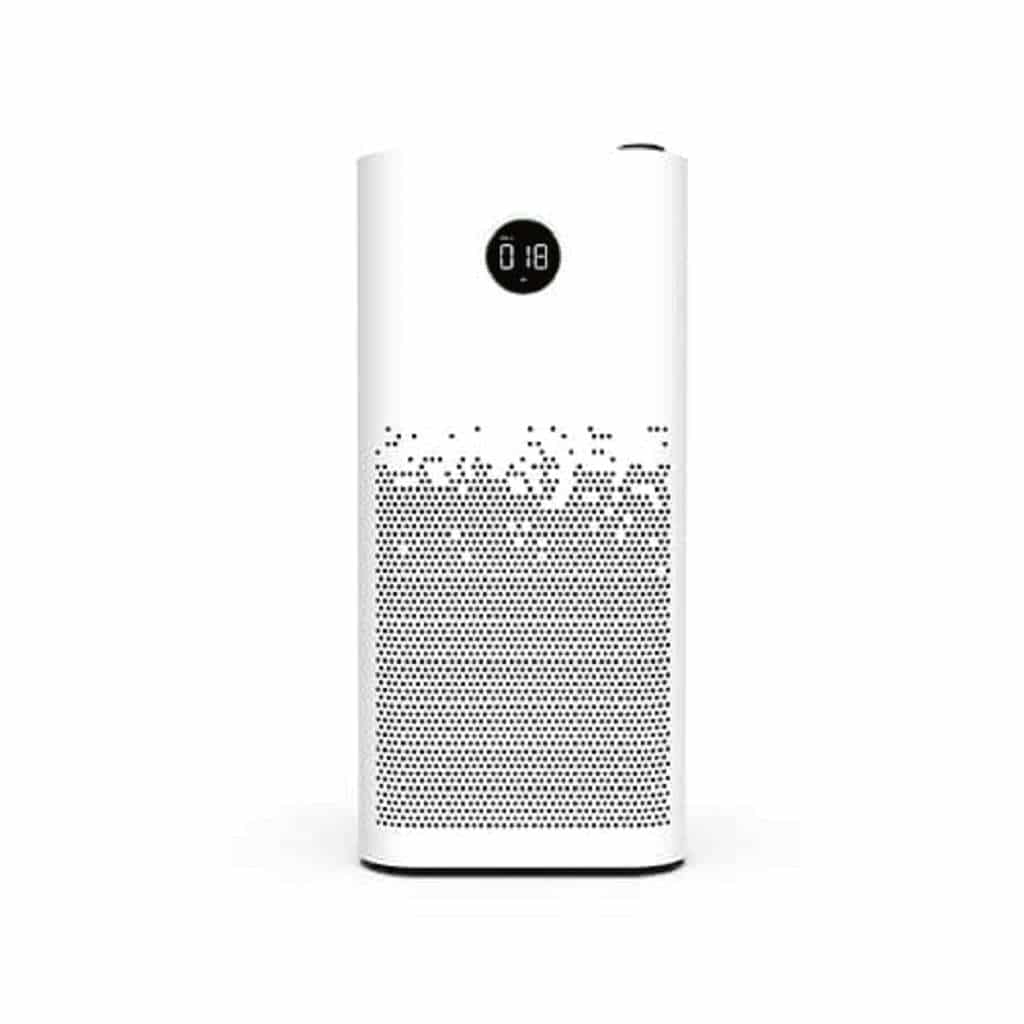
Image: Hisoair
Alt-text: HIsoair model HA-138
Enjoy a healthier, more comfortable lifestyle with the HisoAir HA-138 air purifier. This air purifier is designed to remove allergens such as dust, pollen, pet dander, and even smoke from the air you breathe. It also works to remove odors and reduce chemical pollutants. The HA-138 can be used in both HEPA filter mode and ionizer mode.
HisoAir Model HA-139
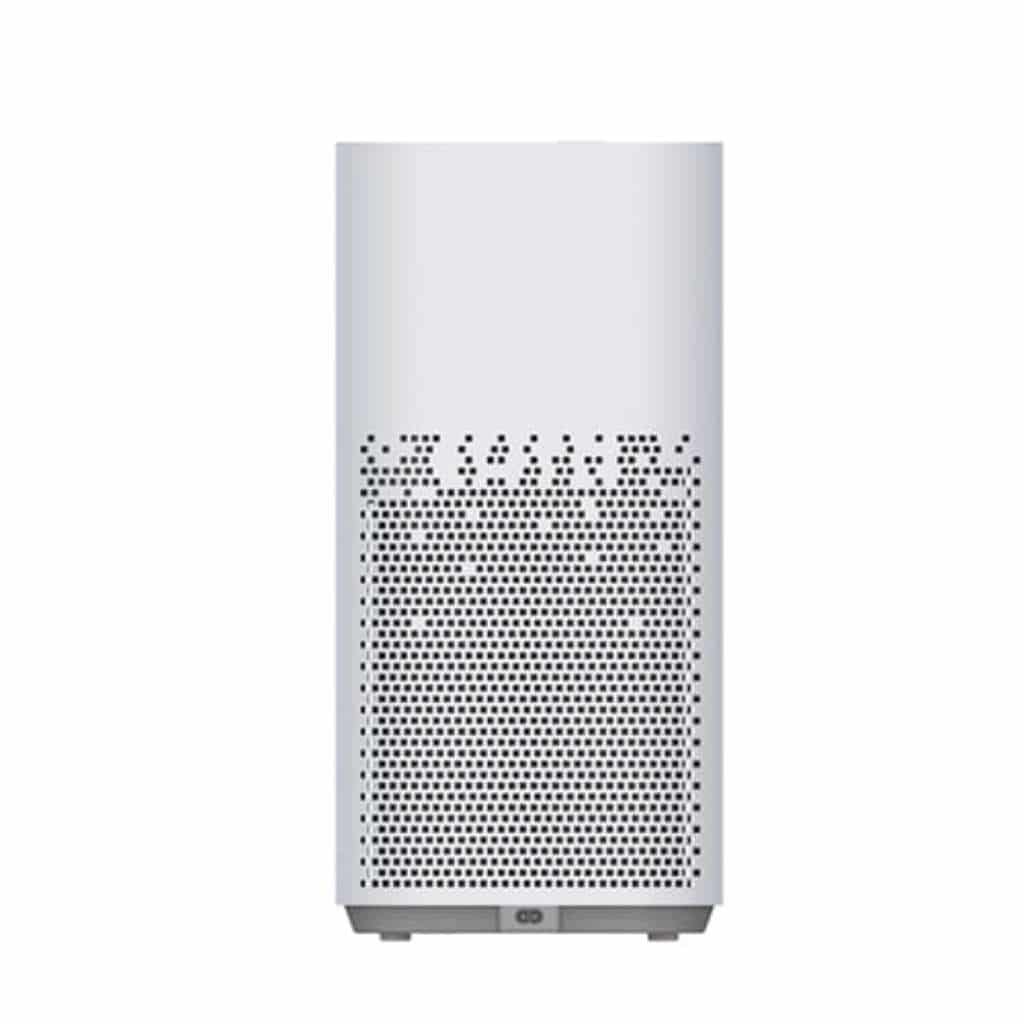
Image: Hisoair
Hisoair HA-139 is a quiet and efficient air purifier designed to clean a room up to 250 sq. ft. The instrument has four-speed settings, including the Auto button. The trapdoor allows dust and smoke to be filtered out by HEPA, the high-efficiency particulate air filter. The ionizer feature of Hisoair HA-139 uses negative ions to remove moisture from the air, which helps reduce bacteria. You can also choose only to use one filter for your convenience.
HisoAir HA-1601
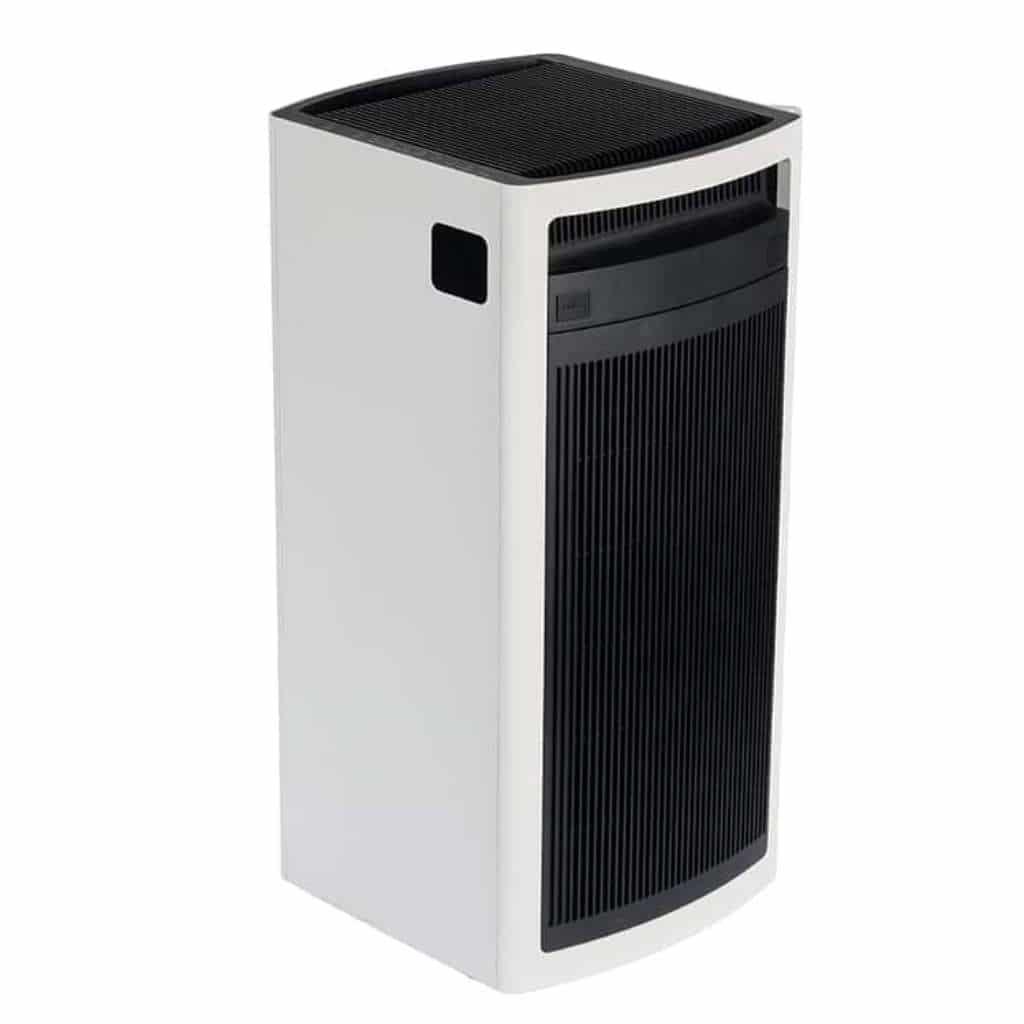
Image: Hisoair
The Hisoair model HA-1601 room air purifier is a compact, affordable, powerful air cleaner. It uses intelligent Ionizer technology with HEPA filtration and ozone to trap 99.99% of airborne particles such as viruses, bacteria, and allergens as small as 0.3 microns - the size of most common allergens like pet dander, mold spores, and dust mites. This can provide you with significant protection from harmful allergens that may be present in your home.
HisoAir HA-1968
Image: Hisoair
The HisoAir HA-1968 is a plug-and-play air purifier that cleans the air in your bedroom in just minutes. It removes odors, dust, and allergens with a 360-degree rotating fan that forces air through its two charcoal filters. You can use it for up to 24 hours on its highest setting with one filter or switch between modes for customizable cleaning power.
Takeaway
Many pet owners out there claim to love their furry companions as if they were family members and would do anything to ensure their health. One of the best ways to achieve this is through a proper diet, exercise routine, and grooming schedule, but it may not stop there. The air in your home or office can be hazardous to your pet's health and well-being, which is why an air purifier for pets has gained such immense popularity. These devices use a variety of mechanisms within their systems to clean the air in your home that might otherwise be harmful to your pet's respiratory system.



